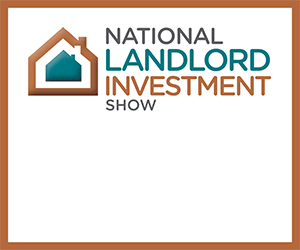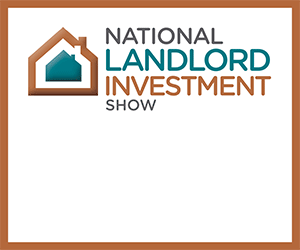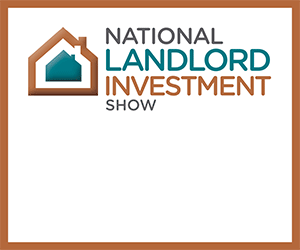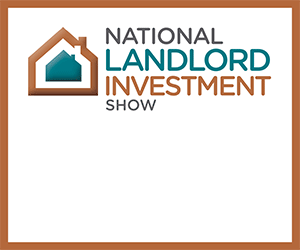Our relationship with work is in a constant state of flux.
Trends towards flexible working, once incremental, have been accelerated by the rise of home working in the wake of the pandemic.
Long gone are the days of the in-person 9 to 5.
Similarly, businesses are also seeking greater flexibility, rejecting decade-long leases in traditional offices for those that capture the adaptability they and their employees now seek – enter hybrid and flexible workspaces.
When discussing office space evolution, two principal concerns arise time and time again.
Firstly, how can businesses and landlords alike operate their workspaces sustainably?
Secondly, how can we foster a sense of community and connection among an increasingly remote team?
The answer to both questions undoubtedly lies in technology.
Technology is essential in creating the workspaces of the future – spaces that enable us to develop strong relationships with colleagues regardless of their proximity, and which demonstrate the full potential of a green commercial real estate (CRE) sector.
Sustainable spaces: the power of data-driven optimisation
As governments pursue increasingly ambitious environmental targets to tackle the climate crisis, the CRE sector is under mounting pressure and regulation to implement more sustainable practices.
As a result, creating more sustainable workspaces is no longer only a moral objective for the sector but a necessity for survival.
Overwhelmingly, tech solutions become the key to unlocking this green future.
Integral to achieving this is one of technology’s most exciting innovations: the Internet of Things (IoT).
Integrated directly into a building’s infrastructure, the processing ability of these interconnected technologies will allow workspace providers to extract invaluable data on how and when space is being used.
A shining example of an IoT application that is certain to take off imminently is light and HVAC systems that are automatically activated by sensors.
Sensor technology exclusively targets spaces in active use, preventing landlords and their tenants from emptying their wallets on heating and illuminating empty offices.
In addition, the interconnected nature of sensors and IoT allows landlords to evaluate how efficiently space is being used, meaning that low-demand spaces can be replaced with those in high demand.
This ‘recycling’ of underutilised space thoughtfully optimises the existing square footage of the building to its most impactful use.
In the long term, renewable energy sources, such as wind turbines or solar panels, will become a common aspect of a building’s exterior so they may achieve self-sustainability.
Furthermore, energy storage systems will be integrated into the IoT.
Occupancy data will ultimately lead to the creation of smart and green buildings which can determine when and where to store and distribute energy.
Consequently, this will reduce the environmentally destructive overconsumption of energy emanating from the CRE sector.
Connection: the workspace as a hub for community and collaboration
Teams, Zoom, Google Meets – video calling has quietly become the primary mode of professional communication following the restrictions of pandemic lockdowns.
While these are certainly useful tools, they have their limitations as a substitute for physical human interaction.
However, the drawbacks are clearly incomparable to the benefits – freedom, geographical mobility, and greater work-life balance; all are afforded by flexible working.
This question then arises: how can an increasingly remote team look to re-establish the sense of connection and strength of collaboration achieved by an in-person working environment?
Enter the Metaverse.
Blurring the lines between the virtual world and reality, innovations in this field will help overcome the challenges set by geographical distances, reducing the need for lengthy, costly and environmentally damaging long-distance travel.
Workspace providers must aid businesses in embracing the dawn of the Metaverse by providing the necessary equipment.
In practice, this would entail workspaces being equipped with a combination of meta-desks and physical ones, as well as meta-meeting rooms among traditional alternatives.
This technology would have the incredible capacity to make a colleague who’s sat at their home desk feel equally as tangible as the one sitting beside you at the office!
The applications are truly endless: closing international deals, full team meetings, networking events and even job interviews could all be enhanced by the Metaverse.
In the meantime, however, more commonplace technologies can be used to foster a sense of community in a way that is often overlooked.
For example, tenant management apps, although typically used for everyday tasks like booking meeting rooms and sharing announcements, can be used to bridge the gap between businesses occupying a shared workspace.
Primarily, in-built social features create new opportunities for different organisations to connect, network and collaborate.
As workspaces evolve, sustainability and community will continue to lead the conversation – though, ultimately, it will be technology that transforms words into action.
Innovations such as the IoT and Metaverse will have profound implications on work life; workspace providers and the CRE industry must embrace technology to progress.
Forward-looking mindsets will be crucial in creating workspaces with the capacity to evolve, allowing landlords, businesses, and employees to thrive now and tomorrow.
























Comments